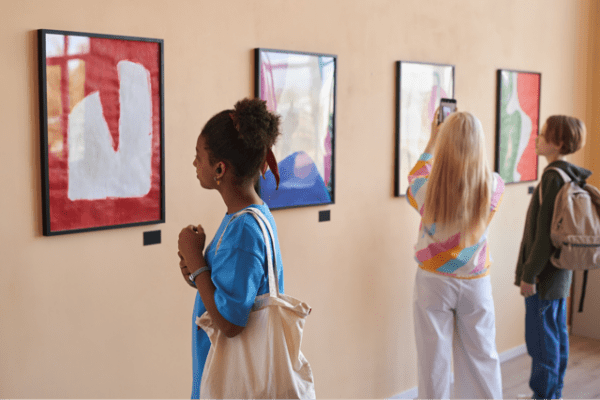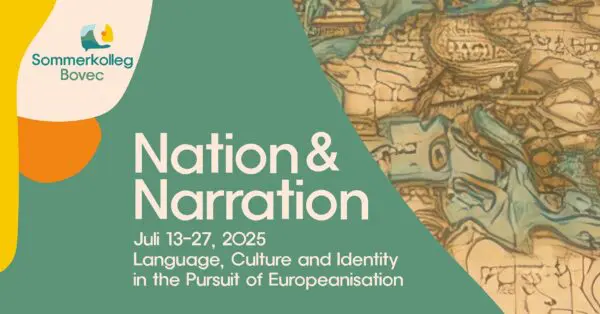
Utrecht, Netherlands
The Rise of Modern Europe
When:
21 July - 15 August 2025
Credits:
10 EC
Read more
Cultural Studies
When:
07 July - 15 August 2025
School:
Institution:
Utrecht Summer School
City:
Country:
Language:
English
Credits:
12 EC
Fee:
2250 EUR

This special track offers you the opportunity to explore the history and culture of Europe. Studying in the beautiful medieval city of Utrecht, you will not only explore the various European cultures and identities, but also study the key issues concerning ‘the rise of modern Europe’ from the Middle Ages to the end of the 19th century, taking the city of Utrecht as point of departure. Lastly, you will examine the three major wars that shaped the 20th century in Europe: WW I and II, and the Cold War.
The topics we will study during your first two weeks in Utrecht will help you to understand the complicated structure of Europe and will shed light on the motives for integration as well as the obstacles on the way to European unity. Lectures will focus on the history, social and economic structures, culture, and current political and social debates within the wider European community. In light of these last topics we will organize a field trip to the Royal Museum of Fine Arts and the European Parliament in Brussels. All in all, a thought-provoking and inspiring two weeks.
The next two weeks are more of an ‘experience’. This historical journey, which illuminates Europe from the Middle Ages to the end of the 19th century from the city of Utrecht's point of view, will help you to understand the many social, historical, religious and cultural factors that came to shape modern Europe. The many museums, cathedrals and canals of Utrecht and visits to, for example, Amsterdam, are included in the program and will offer you some of the most breath-taking highlights of Dutch history and culture. Topics include for example the Dutch Golden Age; the era spanning roughly the 17th century in which the Dutch became one of the world’s greatest maritime, economic and artistic world powers.
Excursions will lead you through Utrecht and Amsterdam, visiting several historical museums in Utrecht and the Rijksmuseum in Amsterdam. In the last two weeks, the focus shifts to the 20th century. During this century, Europe did not just experience one, but three horrific wars: the First and Second World War and the Cold War that followed in their wake. However, this century can alsobe regarded as an age of rebuilding, transatlantic collaboration, and global connections, thus making the twentieth century much more diverse. You will receive lectures on a variety of historic topics; spanning not only the histories of the three wars, but also topics such as international cooperation and multilateralism, which resulted in international organizations such as the United Nations, the relation of the United States to Europe, the fall of communism and decolonisation. You will also be taken on a number of excursions, for example to the Anne Frank House and the Jewish quarter in Amsterdam, and the International Criminal Court and the Peace Palace in The Hague. During this special track there will be various excursions. You will visit Brussels, The Hague and various museums in Amsterdam and Utrecht.
Frank Birkenholz & Willem Verhoeven
The course is open to all students from different fields of study with an interest in culture, society, european studies and politics.
The aim of this course is to introduce students to the social and cultural aspects of the nations within the European community. At the end of the course students should be able to:
• Describe and evaluate different theories and conceptualisations of the historic development of Europe, with specific attention for The Netherlands and the wars during the 20th century;
• Show an understanding of various historic monuments and their relation to historic developments;
• Demonstrate an understanding of political, socio-economic and cultural aspects of the European developments;
• Discern and analyse key factors of the various wars, expanding international relations and other related phenomena;
• Demonstrate this critical knowledge and understanding in written and verbal form.
Fee
2250 EUR, Course + course materials
Fee
1200 EUR, Housing fee (optional)
When:
07 July - 15 August 2025
School:
Institution:
Utrecht Summer School
Language:
English
Credits:
12 EC

Utrecht, Netherlands
When:
21 July - 15 August 2025
Credits:
10 EC
Read more

Bovec, Slovenia
When:
13 July - 27 July 2025
Credits:
3 EC
Read more

Utrecht, Netherlands
When:
07 July - 15 August 2025
Credits:
12 EC
Read more